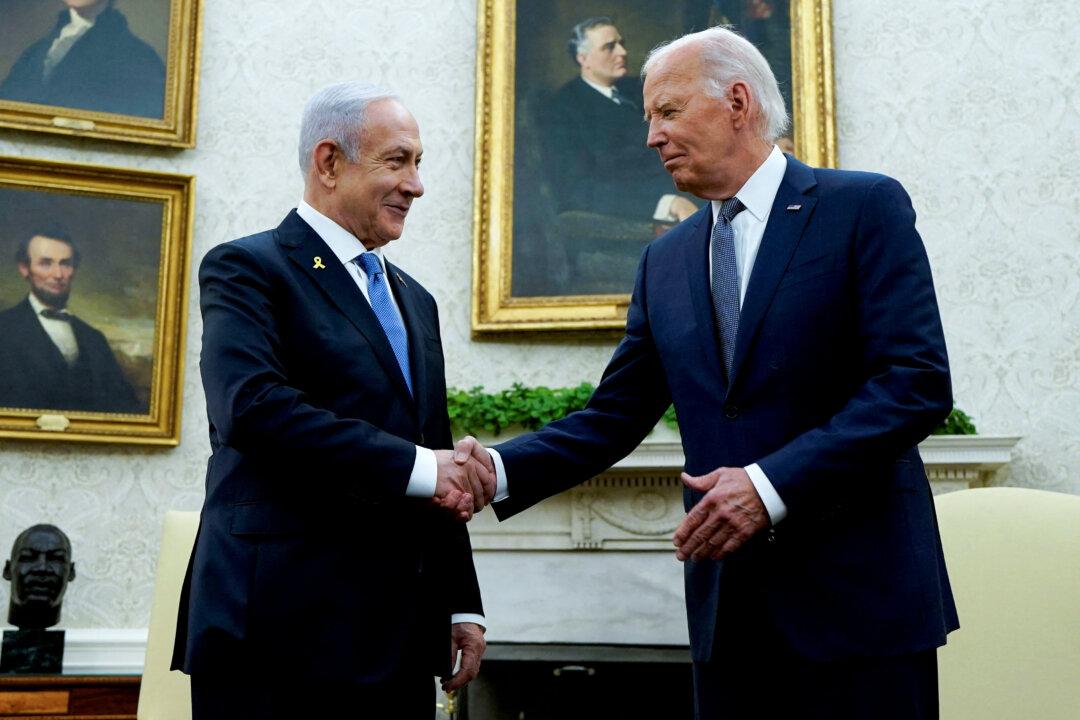President Joe Biden has spoken with Israeli Prime Minister Benjamin Netanyahu about ending the ongoing war in Gaza and de-escalating tensions in the region, the White House has said.
According to an Aug. 21 statement from the White House, Biden had a phone call with Netanyahu and discussed the urgency of locking in a cease-fire and hostage release deal with Hamas sooner rather than later.





